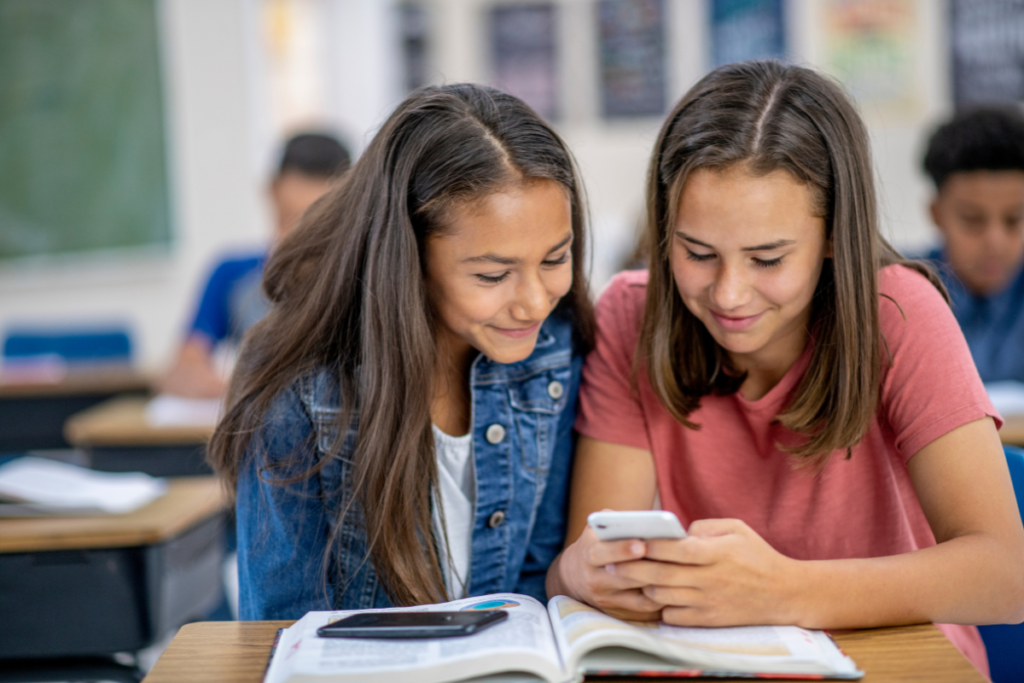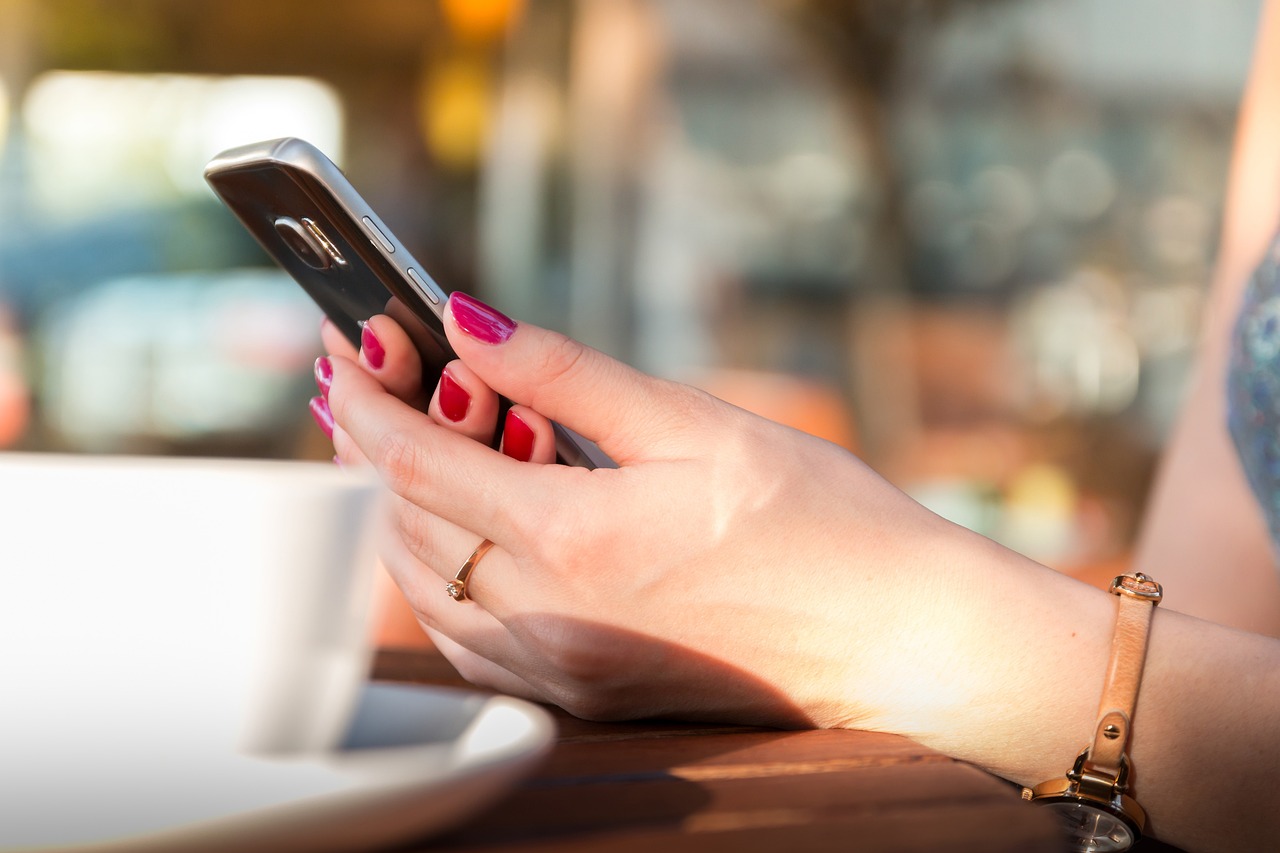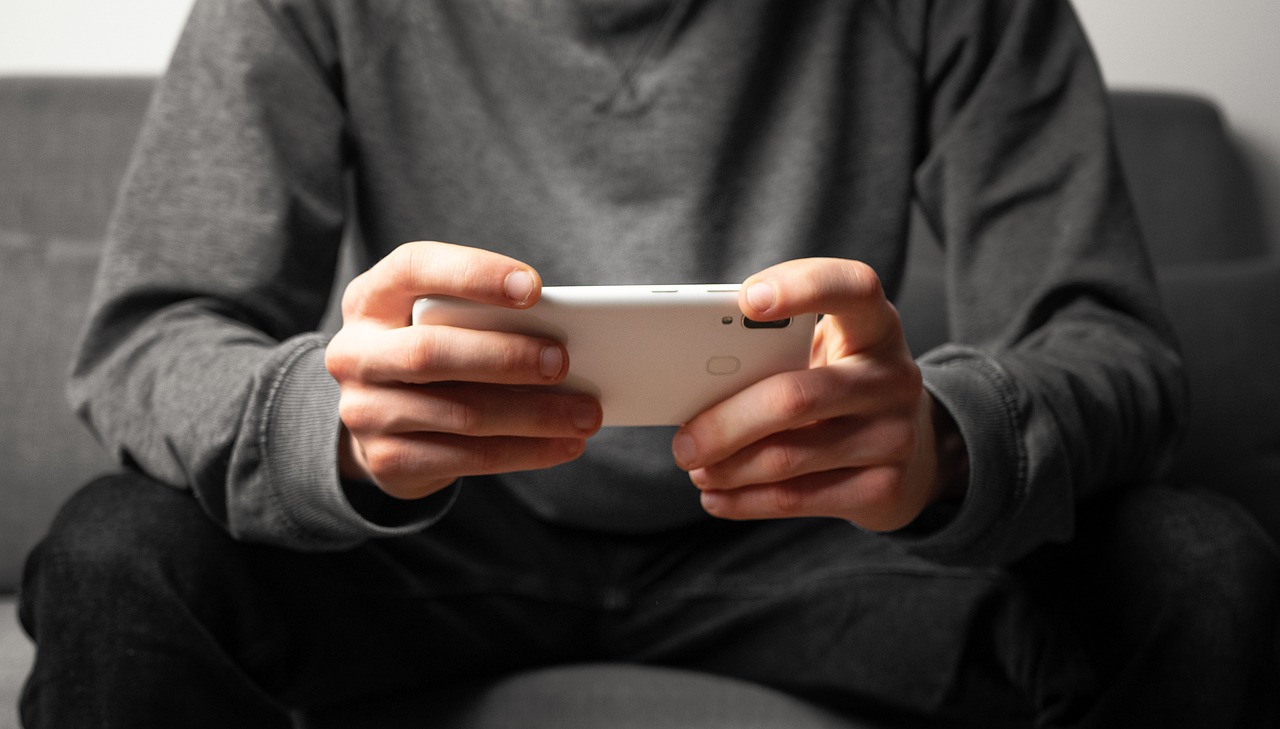The discussion is gaining momentum, after all, the world is facing a growing ban on the use of cell phones in schools. The alert issued by UNESCO in June revealed that one in four countries imposes restrictions on devices within educational institutions. The repercussions of this movement then reach Brazil, reflected in the results of the 2022 Programme for International Student Assessment (PISA), highlighting the impact of electronic devices on the ability of Brazilian students to concentrate during classes.

Read now: Android phones bring innovation: Sending medical data to emergency services
Highlights
- Global Restrictions: One in four countries limits the use of cell phones in schools, according to UNESCO.
- Educational Impact: The use of electronic devices has affected students' attention, generating debates about their designation or control.
The topic has emerged as a central issue in several countries, such as the United States, France and, in fact, in Brazilian schools, such as São Vicente de Paulo, the GayLussac Institute and the Suíço-Brasileiro, which have adopted a ban on the use of cell phones on their premises.
The Experts' View
Experts disagree on the decision, specifying both positive and negative aspects. While some defend the restriction as beneficial for socialization and concentration, others see cell phones as a tool to support teaching, as long as they are used appropriately.
Certainly, Cláudia Costin, from the Center of Excellence and Innovation in Educational Policies at FGV, highlights that cell phones reduce children's learning capacity and harm their social interaction, making it more appropriate to use them only during leisure time.
According to Ana Cláudia Leite, education consultant at the Alana Institute, isolated exclusion may not be the best solution, defending the need to promote debates and awareness about the responsible use of technology.
Brazilian Scenario
In Brazil, there are a number of options: the São Paulo State Department of Education allows the use of cell phones exclusively for educational purposes, while the Municipal Department prohibits their use only in the classroom. The debate also extends to private schools, such as Escola Mais, which seeks an open dialogue with parents and students on the subject.
Experiences and Perspectives
Experiences in schools such as Colégio Equipe, in São Paulo, reveal a gradual change in the rules of use, allowing younger students to benefit from social interaction without the distraction of electronic devices.
Meanwhile, at Escola Parque in Rio, the partial suspension of cell phones during recess was seen positively, encouraging interaction between students.
Understand more: Irregular Cell Phone Breaks Record in Brazil: Xiaomi Leads the Market
The World and Prohibitions
Countries such as the United States, France, the Netherlands and Canada have already adopted restrictions on the use of cell phones, debating between the benefits and limitations of this measure.
The Decision Under Debate
While proponents of guidance point out the negative interference in socialization and concentration, those who defend liberalization differ. They highlight the potential of technology as an ally in learning. This highlights the students' right to communication.
The Brazilian scenario reflects a variety of rules imposed by schools, from total bans to specific restrictions for certain periods or spaces.
Finally, the issue of cell phone use in schools remains on the agenda, dividing opinions and generating reflections on the balance between benefits and challenges in integrating technology into the educational environment.
See also: TJDF Decision: Sale of Cell Phones without Charger



